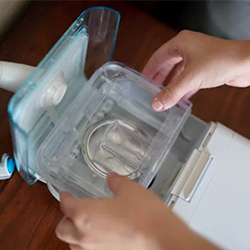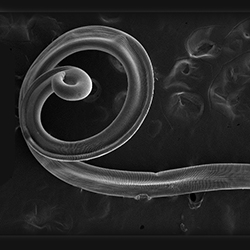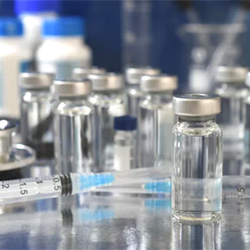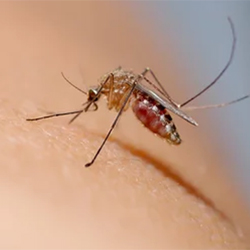By Ethan Covey
A 66-year-old New Mexico resident died from an Acanthamoeba infection, which was likely acquired by using tap water in electronic medical devices like continuous positive airway pressure (CPAP) machines.
Acanthamoeba is a free-living amoeba that can cause encephalitis and disseminated disease that are nearly always fatal (MMWR Morb Mortal Wkly Rep 2025;74[10]:179-180).

“Preventing Acanthamoeba? infections is challenging because of lack of information about risk behaviors and transmission of this environmentally ubiquitous pathogen,” Julia C. Haston, MD, an epidemiologist with the CDC’s Waterborne Disease Prevention Branch, told Infectious Disease Special Edition. “This report proves that using tap water in electronic nasal irrigation devices and CPAP machines is a risk factor for an Acanthamoeba brain infection.
“While Acanthamoeba infections have previously been reported among people who used tap water for nasal irrigation, this had not been proven as the source of infection,” Dr. Haston said.
The individual died in November 2023, and in January 2024, CDC testing confirmed a diagnosis of granulomatous amebic encephalitis caused by Acanthamoeba.
The patient had reported no known exposure to recreational water sources, but did admit to regularly using tap water in both an electronic nasal irrigation device and a CPAP machine. Acanthamoeba was detected in the electronic nasal irrigation device and CPAP machine’s water receptacle.
“This report emphasizes the importance of using safe water in CPAP machines and nasal irrigation devices,” Dr. Haston said. “[Warn patients to] follow manufacturer recommendations on the kind of water to use with CPAP machines, and always use distilled, sterile, or boiled and cooled tap water with a nasal irrigation device … [and follow] guidance on how to clean the device.”
She added that “more work is needed to understand whether inadequate cleaning of these devices, which contain some parts that are difficult to properly clean and dry, might increase the risk for?Acanthamoeba?infection.”
Dr. Haston reported no relevant financial disclosures.




